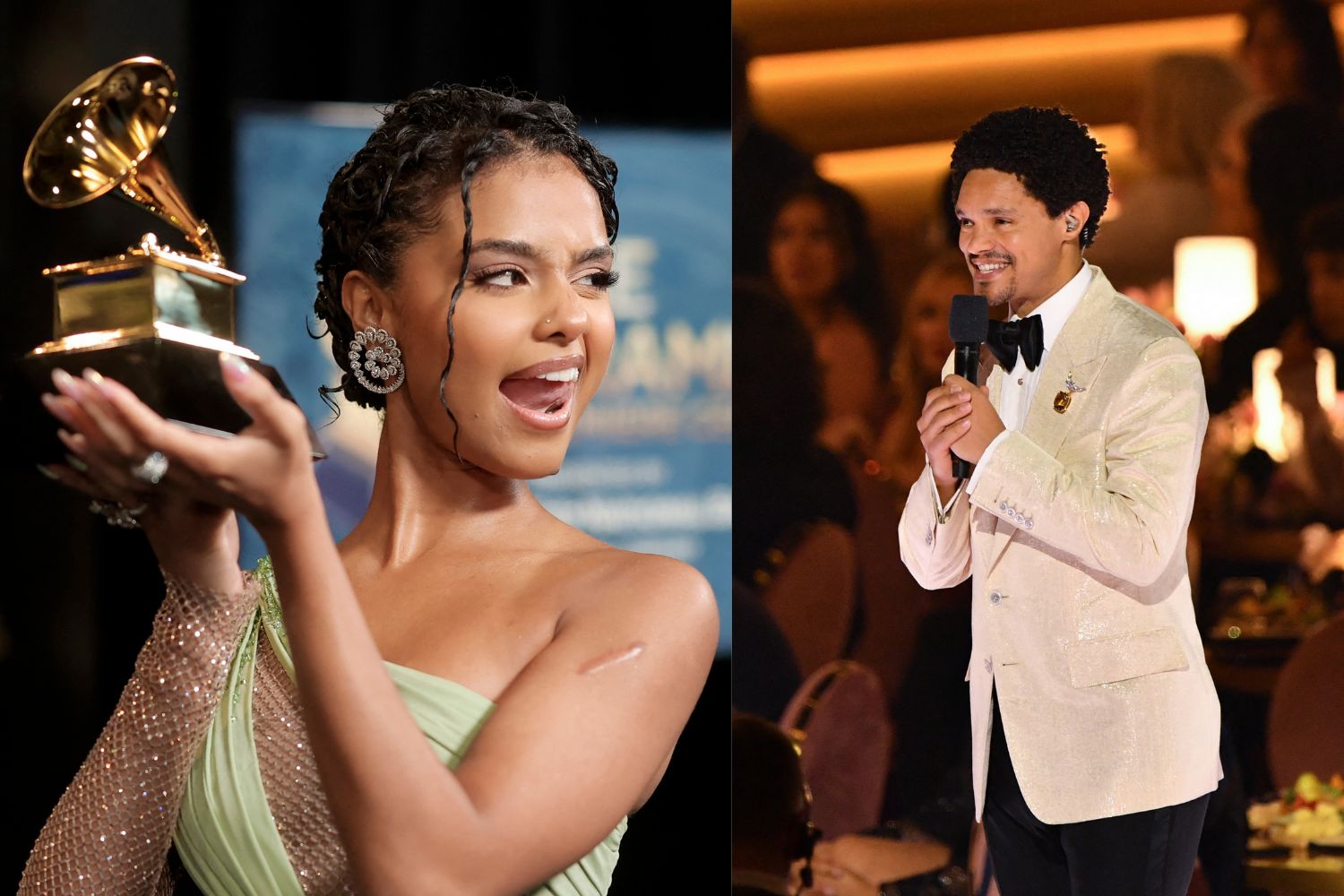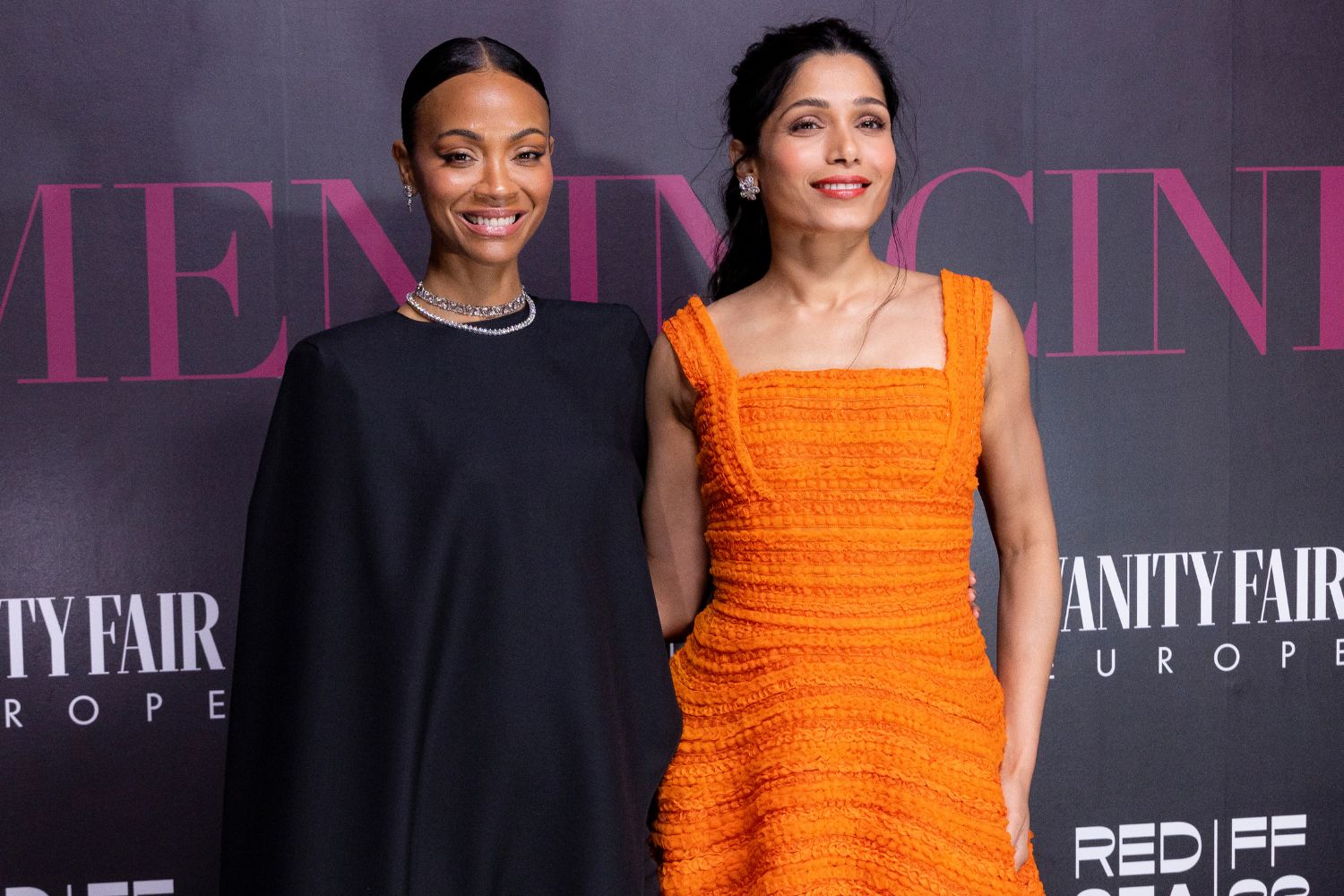Eric Charry, Wesleyan University
For the first time in its 65-year history the Grammy Awards in the US has introduced an African category, Best African Music Performance, which recognises the song of the year.
The Grammys is the most prestigious award in the largest music industry in the world. Its focus has always been US music styles in categories like pop, R&B, rap, country, jazz and classical.
As musical styles from abroad (or in Spanish) have moved into the US commercial market, the Grammy Foundation has tried to recognise them – beyond the generic “folk music” category it first used to put them in.
So categories were established like Latin, Mexican, reggae, world music and global music.
Now Africa has its own best song category, the first continent with this distinction.
This is clearly a nod to the growing popularity of African music in the US – notably Afrobeats from Nigeria.
Few African artists received Grammy nominations until 1992, when the Best World Music Album category was added. A diverse range of African music came to dominate this category.
But “world music” was criticised for being outmoded. The award was renamed Best Global Music Album in 2021. The reasons given included:
The change symbolises a departure from the connotations of colonialism, folk and ‘non-American’.
The new name came with a shift in which music received nominations. “World music” tended to recognise regional music styles released on small independent labels.
“Global music” was seemingly more focused on more commercial music that was also reaching the US charts. It tended to reward Afrobeats and other popular electronic dance music that took creative cues from the US.
How music represents and expresses identity and cultural authenticity has been a key issue in my research as an ethnomusicologist.
Certainly, generational shifts happen and interests in some deeply rooted traditions may fade in favour of new global currents.
But still, I have mixed reactions to the new award. The economic boon that the Grammys brings to the African music industry could be significant.
But at what cost to its diversity of offerings?
The Grammys claims to recognise excellence. But it also celebrates US cultural imperialism and commercial success – a track record evident in its history.
This first batch of best performance nominees provides further clues that US record conglomerates are strongly shaping Grammy recognition.
ALSO READ: 2024 Grammy Awards: South Africa’s Tyla makes history, winning Best African Music Performance
Africa at the Grammys
The first Grammy Awards ceremony was in 1959, the same year South African star Miriam Makeba first toured the US.
In 1960 the Best Folk Performance category was added.
This was the key. In 1961 Makeba received three nominations (new artist, female vocalist and folk). She was the first African artist nominated and it happened again in 1964 and 1965.
Folk was the only category that could accommodate singing like hers – in South African languages with acoustic string instruments and hand percussion.
In 1966 Makeba won her only Grammy. It was in the folk category. She had two albums in the running: Makeba Sings and the winner, An Evening with Belafonte/Makeba.
Harry Belafonte was a well-established US singer and film star. His early sponsorship was essential.
This would be a recurring theme, from Paul Simon and Ladysmith Black Mambazo to Peter Gabriel and Youssou N’Dour to Drake and Wizkid to Beyoncé and the predominantly Nigerian artists on her 2019 Lion King album.
Burna Boy, who appeared on it, received his first Grammy nomination the following year.
On the charts
Makeba was also the first African artist to break into the upper reaches of the US Billboard charts (Pata Pata reached number 12 in 1967).
She was followed by South African Hugh Masekela’s Grazing in the Grass (first spot in 1968) and Cameroonian Manu Dibango’s Soul Makossa (35th in 1973). Then a long drought.
Masekela’s feat has yet to be duplicated by an African born-and-raised solo artist. Sade, Seal, Akon and Chamillionaire, children of immigrants from Nigeria or Senegal in the US and the UK, all hit number one. Sade and Seal won Grammys.
Nigeria’s Wizkid hit top spot as a guest of Drake (2016) and Tems when sampled by Future (2022).
From folk music to world music
The term “world music” was used by global heritage body Unesco as early as 1948 to create a music catalogue and later sponsor a library of albums from over 70 countries.
Ethnomusicologists expanded the term to “incorporate the total range of music”, an early attempt to decolonise musical institutions.
In 1987 some British independent record label execs adopted “world music” as a marketing category for retailers to give visibility to albums that didn’t have a place on the shelf. The Grammys first awarded the Best World Music Album in 1992. It split into “traditional” and “contemporary” in 2004 but merged again in 2012.
ALSO READ: BRICS International Symphony Orchestra debuts in Moscow: A harmonious celebration of cultural unity
The new category provided a huge boost for African artists. In seven of the eight years of the traditional award the winners were South African choral groups and Malian kora players.
Angelique Kidjo from Benin alone won four times before the name change. Cameroon, Cape Verde, Democratic Republic of Congo, Ghana, Madagascar, Malawi, Morocco, Nigeria, Senegal and Uganda also received nominations.
But objections to “world music” persisted for being a catch-all category that marginalised artists and their cultures.
From world music to global music
So the Grammys announced in 2020 that “world music” was being replaced by “global music”, offering “a fresh perspective fuelled by authenticity, diversity and direct inclusion”.
An article at entertainment website UPROXX earlier in 2020 argued that Burna Boy’s loss at his first Grammys highlighted the problems with the world music category.
UPROXX is a Warner Music Group independent subsidiary; Burna Boy is signed to Warner. Perhaps they caught the ear of the Grammy Foundation. He won the debut Best Global Music Album award in 2021.
A new category for songs – Best Global Music Performance – was added the following year.
Nigeria has been the only country with nominees each year of the global album category.
The two new global music categories have particularly benefited Afrobeats artists with major label support, like Wizkid (RCA), Burna Boy (Warner) and Davido (Columbia/Sony).
Authenticity for the Grammys, it appears, is shaped by what the largest numbers of people are listening to.
The role of Afrobeats
Afrobeats, a hybrid genre with roots in Nigeria and Ghana and named in the UK in the early 2010s, is so big in the US it even has its own Billboard chart.
Currently driving the scene is Burna Boy. In 2024 he has four Grammy nominations (African performance, global album, global performance and melodic rap).
Burna Boy himself offers a critique of Afrobeats, a label he shuns:
There’s no substance, like nobody is talking about anything. It’s just a great time, it’s an amazing time … But at the end of the day, life is not an amazing time.
Five of the seven nominees in the new African category are Nigerian. (Asake, Burna Boy, Davido, Olamide and Ayra Starr; Musa Keys and Tyla are South African.) Afrobeats is big business.
Indeed, the new African category was created after the head of the Grammys travelled to Africa to speak with music industry leaders.
African artists have now been offered a seat at the table. And the stakes for the representation of African culture have just been raised.
Samson Uchenna Eze contributed to the Afrobeats portion of this article. He’s completing a master’s thesis on Afrobeats feminism at Wesleyan University.
Eric Charry, Professor of Music, Wesleyan University
*This article is republished from The Conversation under a Creative Commons license. Read the original article.













